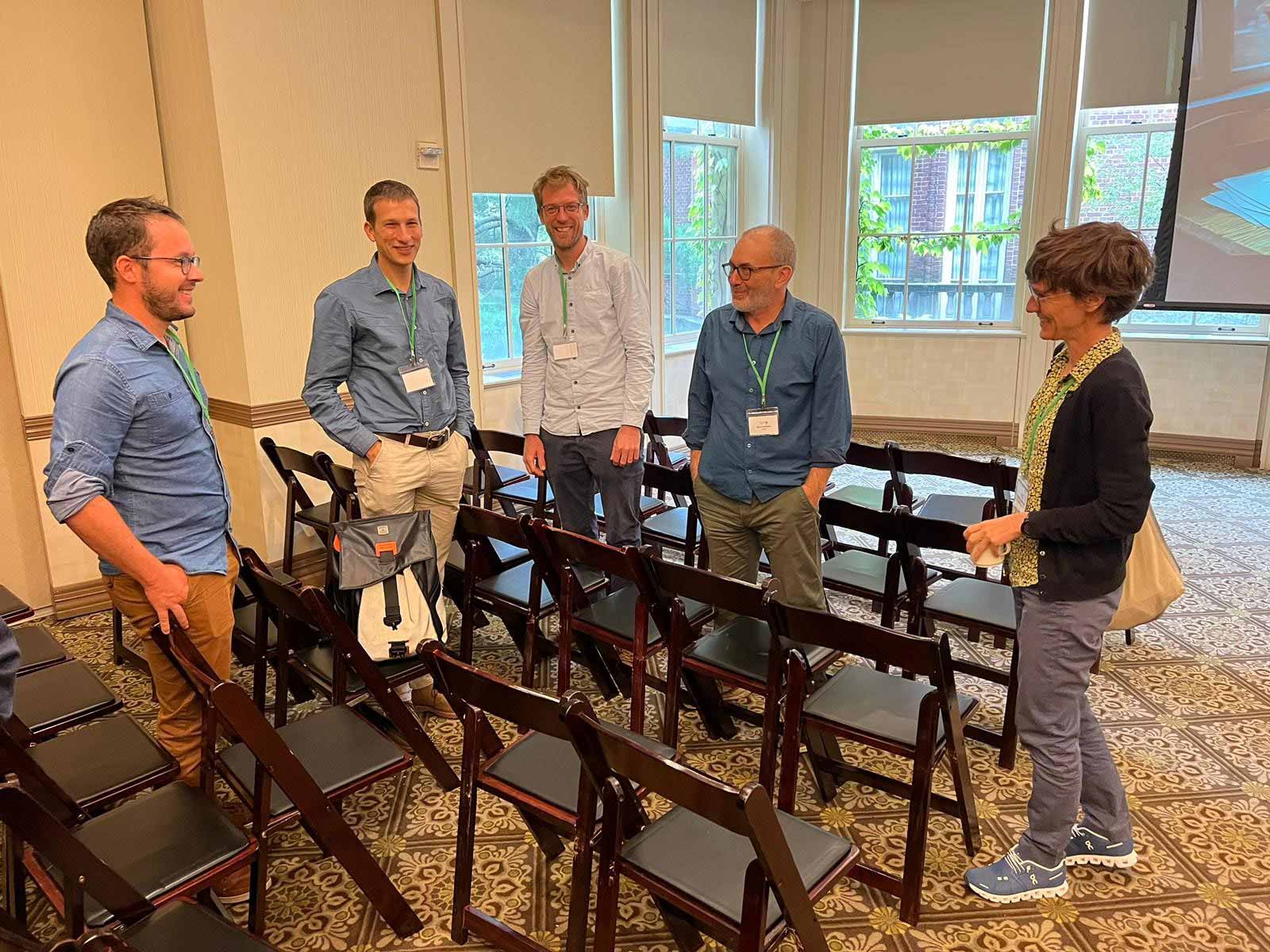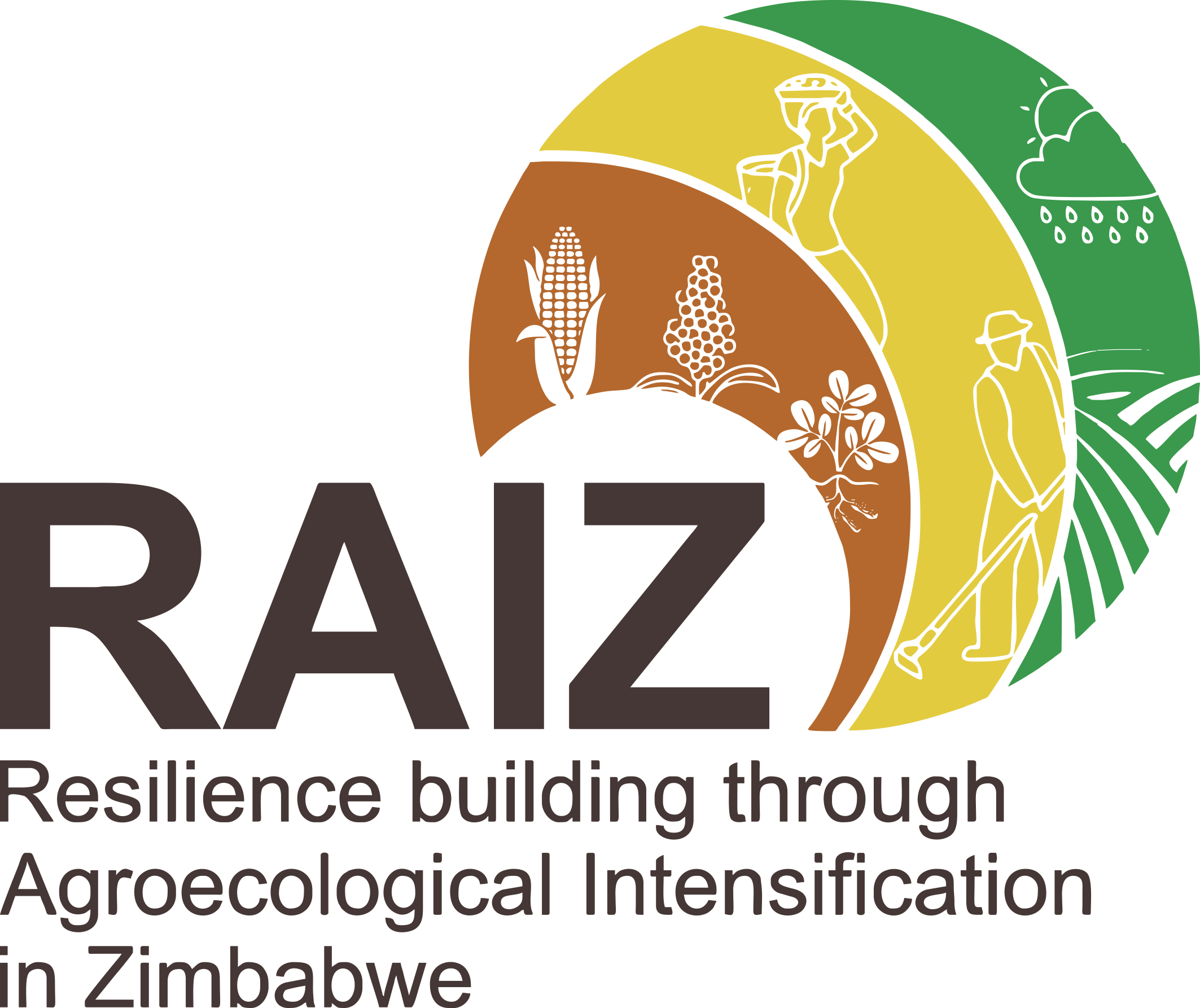Agmip is a global community of scientist aiming at improving agricultural data and models to increase the relevance of studies related to climate change mitigation and adaptation. Cirad has been involved in Agmip since 2015 (https://agmip.org/cirad-agreement/) and is currently leading the ‘Low-input’ team that deals with modelling the impact of climate change on tropical crops for the global South. Cirad researchers of the RAIZ project are actively involved in this ‘Low-input’ team.
The conference was the opportunity for a PhD student and a researcher of the project, namely Valentin Pret and Gatien Falconnier, to present their on-going work on climate change adaptation in sub-Saharan Africa.
Valentin Pret (https://www.researchgate.net/profile/Valentin-Pret) gave a talk on the impact of legume diversification on the stability of cropping system performance. His work builds on RAIZ on-station and on-farm trials and on the model calibrations performed within the project. The work of Valentin shows the opportunity to integrate more legume into cropping system to stabilize yield and improve environmental performance. Gatien Falconnier (https://www.cimmyt.org/people/gatien-falconnier/) gave a talk on climate change adaptation with cereal-legume intercropping, based on the PhD work of Amadou Traore in Mali and his calibration of sorghum-cowpea intercrops. Amadou has been modelling cropping system performance with long historical weather series. The simulations shows that intercropping help stabilize yield – but only at low levels of mineral fertilizer input; mineral fertilizer remain a key option for intensification of crop production. The two presentations were followed by lively discussions.

Figure 1: Second from left is Valentin Pret (Cirad PhD Student) and Gatien Falconnier (Scientist)
The conference was also the opportunity for the ‘Low-input’ group to sketch the outline of a possible study to compare crop models when dealing with legumes and their impact on subsequent cereal in crop rotations.
